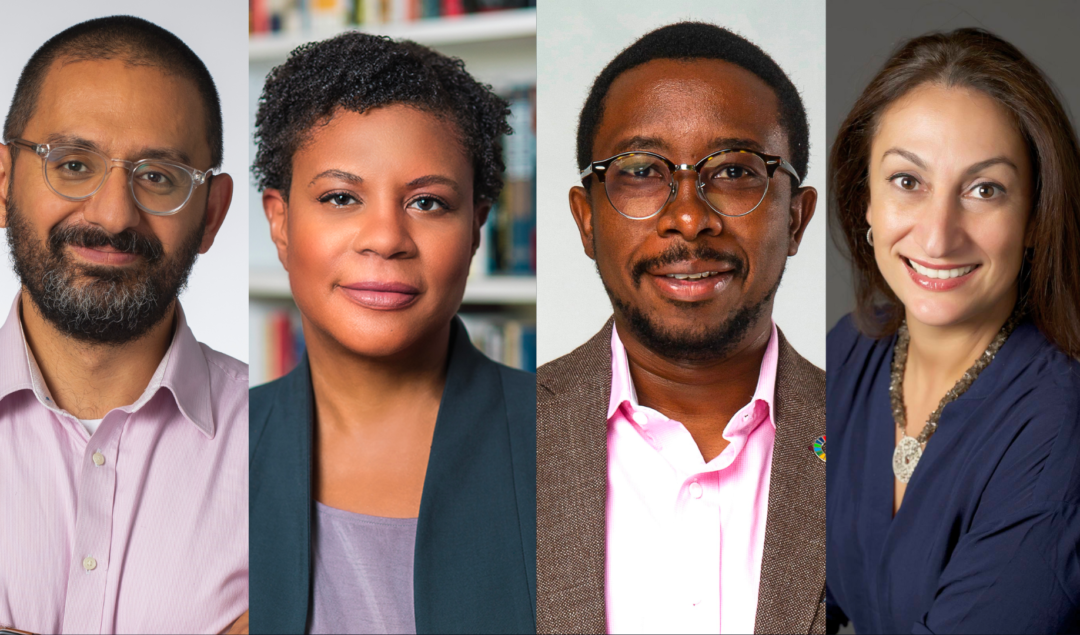Mozilla Adds New Board Members, Prioritizing Diverse Tech Expertise In The Age Of AI

Tech company Mozilla has added four members from diverse backgrounds to the board of its parent organization, the Mozilla Foundation.
The New Board Members
Mozilla’s new board members include Armenian-American Raffi Krikorian, CTO at the Emerson Collective, a social impact firm focusing on education, the environment, immigration, and social justice issues.
He is also the former CTO of the Democratic National Committee, where he worked to make technology a focus for the Democrats, ensuring every campaign could have industry-quality technology.
Alondra Nelson, professor of social science at the Institute for Advanced Study in Princeton, New Jersey, and former acting director of the White House Office of Science and Technology Policy, also joins the board.
In 2022, Nelson was named to Nature’s 10, the annual international list of people who shaped science, and the inaugural TIME100 list of the most influential people in AI 2023.
Kenyan businessman Edwin Macharia, former managing director of Dalberg Advisors, an impact-focused consulting firm that recently launched Axum, is the third to join.
Axum is an Afrocentric impact firm that fosters climate-positive and inclusive growth across Africa and the Middle East.
Lastly, Iraqi-born Zain Habboo, chief marketing officer at the International Rescue Committee, is the fourth to join.
Prioritizing diversity in the age of AI
The foundation emphasized expertise in AI and experience working with the communities that will be impacted by it when interviewing and selecting new board members, said Mark Surman, Executive Director of the Mozilla Foundation.
“We don’t think you can have a public institution like this without having a board that represents all kinds of dimensions of diversity,” Surman told Fortune.
As the surge in generative AI has shown, AI can amplify historical bias and discrimination, further cement the power of Big Tech, and marginalize individuals.
As such, in their six-month search for new directors of the Mozilla Foundation, diversity was their main priority.
The company’s new board members stand in contrast with fellow tech company OpenAI, where all three of its board members are white men.
OpenAI, Surman notes, claimed that it wanted a board that would ensure that AI was developed in the service of all people but put forth a board that represents “the tiniest possible slice of humanity”.
Whether Mozilla’s diverse board will spearhead positive change throughout the organization and beyond, only time will tell.



